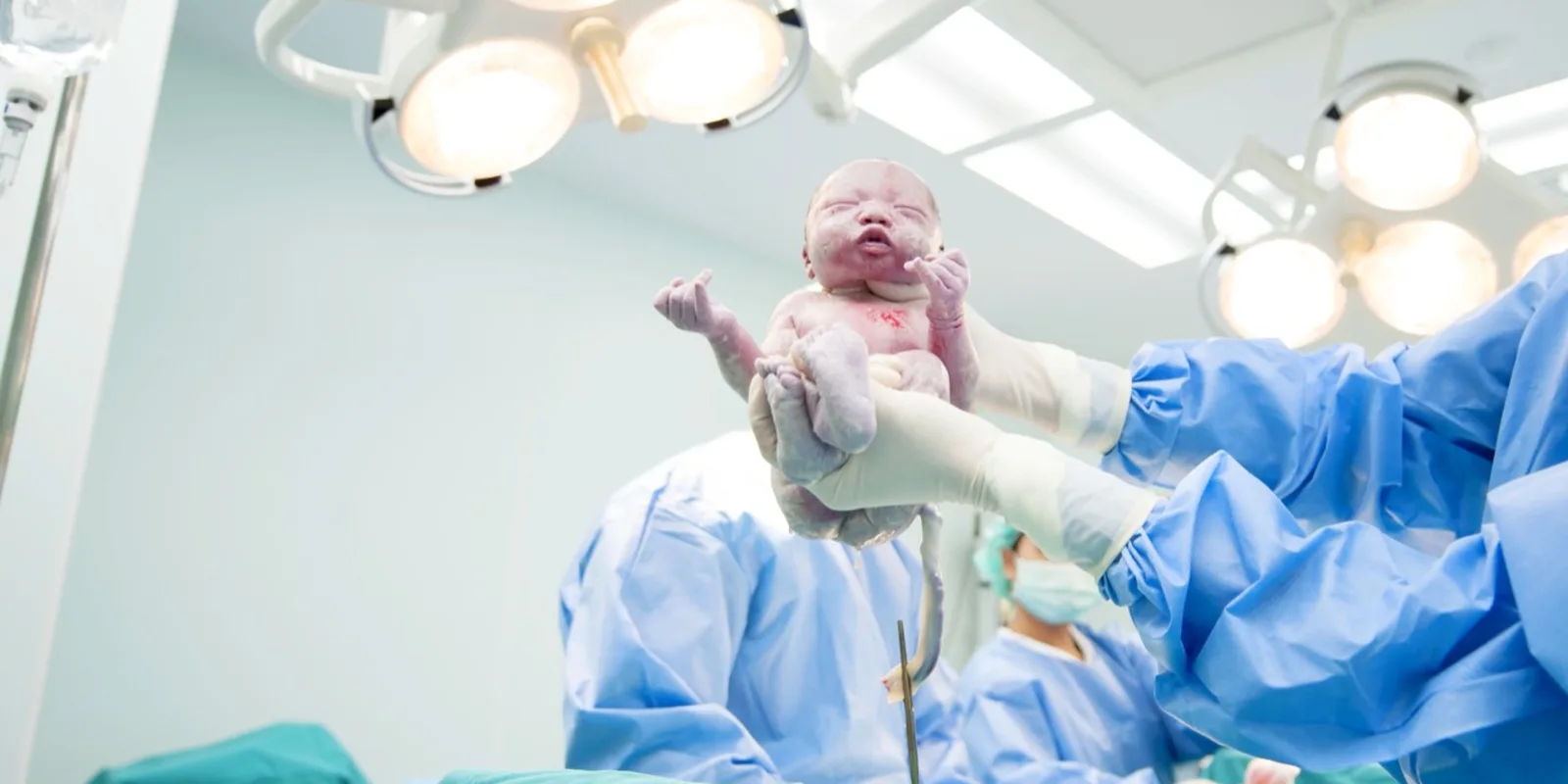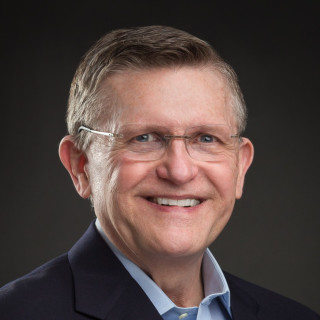
Forever will the song “September” by Earth, Wind, and Fire remind me of the horrifying but spectacular process called childbirth and the challenging but gratifying process called self-forgiveness. Let me explain.
It was the 21st night of September, and it was my first shift on my OB/Gyn rotation. To start off the rotation, I was thrown right into Labor and Delivery, a hectic, exciting, and unpredictable part of Obstetrics and Gynecology that does not wait around for uncertain medical students. I was all in.
I introduced myself to the patient and her husband, kindly explaining that I would be one of the multiple team members helping with their baby’s delivery. I was surprised by how quickly I was let into one of the most intimate moments in a patient’s life, even though it is not an uncommon experience in medical school.
As she pushed with her contractions, her husband DJ’d on his phone, playing relaxing yet inspiring tunes. I rocked gently to the music, from my heels to toes, looking like I was gracefully swaying along to the beautiful melodies of Adele. Truthfully, supporting the patient’s leg for many rounds of contractions had me feeling faint, so I utilized my calf muscles to circulate blood back to my brain.
In between pushes, the attending turned to me and quietly told me I would be the one to catch the baby. I did my best to hide my nerves and frank terror, nodding my head in acceptance. Because the baby was premature, I was to walk it straight over to the neonatologists. It was my one duty, aside from not dropping the baby, and I was determined to succeed.
The baby began to crown and the husband switched the song to “September,” astutely realizing that their baby would arrive soon. Before I knew it, my hands were coaxing the slimy baby out as it began to cry. I was stunned by the whole event. Unbelievably, my hands were the first thing to touch this baby as it entered the world. I took a second to take it all in.
This moment was quickly interrupted by my attending gently nudging me toward the neonatologists. I snapped back into focus, but before I had time to act, my attending whisked the baby from my hands and handed off to the neonatologists. Just like that, I had failed at my one job.
Clinical clerkships in medical school are uniquely fantastic and challenging. We are let into the most private corners of patients’ lives and are trusted to hold their information and use it with discretion. We are launched into completely new worlds of each specialty and learn tremendous amounts along the way. We goof up constantly in ways that usually don’t affect patients and mainly embarrass us. There are two ways we can approach our mistakes.
The first option is to mull over what we did wrong, how we messed up, why we should have done better. This tendency stems from the perfectionist within many of us medical students, wanting to constantly be on our game and impress. Each mistake will feel like the biggest mistake until the next big mistake comes along. We hold ourselves to a high expectation and beat ourselves up if we fall short. Yet, we have such limited knowledge and experience and will inevitably have gaps in our understanding and performance. The expectation of perfection is a setup for disappointment in our medical training.
The second option is to stop taking ourselves so seriously, cut ourselves some slack, think about what to do better next time, and then actually improve. This method is much easier on the psyche and can shape us into better physicians, bit by bit. When we can forgive ourselves for making mistakes — being stunned by childbirth, breaking sterile field, misidentifying an artery — we can replace the time spent ruminating about errors with time spent improving ourselves. To thrive, we have to be willing to honestly accept our shortcomings and work at them. If we were expected to figure it all out right away, we wouldn’t need so many years of medical training to get us there.
After my mishap, the neonatologists evaluated the baby and she was safely placed on her mother’s chest. Mom looked on with adoration and dad peered over the edge of the bed with awe. The baby and mother were both healthy, and that was what mattered. In that moment, shifting my perspective from self-centered to patient-centered put my tiny mishap into perspective and allowed me to forgive myself. And I learned. The next time, I handed the baby to the neonatologists before you could even say “happy birthday.”






